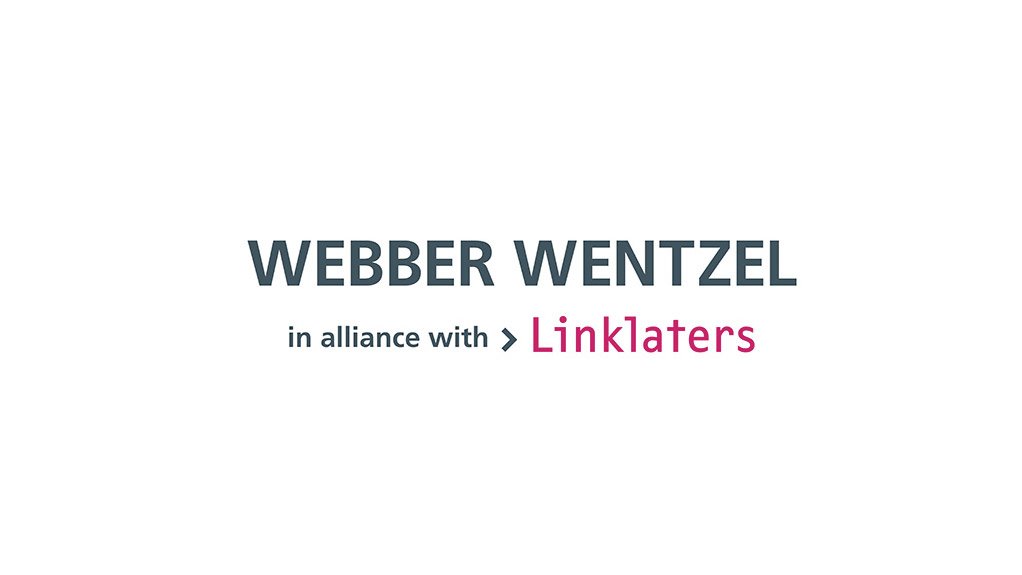Amendments to the Financial Intelligence Centre Act established a new category of accountable institutions, high-value goods dealers, who now have compliance and reporting obligations
On 19 December 2022, a new category was added to the list of accountable institutions in Schedule 1 of the Financial Intelligence Centre Act, 2001 (FICA), as one of the steps to address gaps in South Africa’s anti-money laundering and combating the financing of terrorism policies. This law may apply to your business.
A high-value goods dealer (HVGD) - Item 20 of Schedule 1 to FICA
Item 20 in Schedule 1 to FICA provides as follows:
A HVGD includes "a person who carries on the business of dealing in high-value goods in respect of any transaction where such a business receives payment in any form to the value of R100 000,00 or more, whether the payment is made in a single operation or in more than one operation that appears to be linked, where "high-value goods" means any item that is valued in that business at R100 000,00 or more."
This definition is intended to cover a wide range of trading activity. Based on preliminary guidance from the Financial Intelligence Centre (FIC), this category of accountable institutions includes, among others, dealers in precious metals, precious stones and diamonds.
The Precious Metals Act 37 of 2005 defines a "precious metal" as:
"(a) the metal gold, any metal of the platinum group and the ores of such metals; and
(b) any other metal that the Minister has declared by notice in the Gazette to be a precious metal for the purposes of this Act, and the ores of any such metal."
As far as we are aware, the Minister of Mineral Resources and Energy has at the time of this article not declared by notice any other metal to be a precious metal for purposes of the Precious Metals Act referred to above.
A HVGD also includes dealers in antiques, collectibles, fine art, boats, aircraft and luxury motor vehicles where the value is equal to or more than ZAR 100 000.
It is important to note the following aspects in the definition of HVGDs (this is not an exhaustive list and aims to provide guidance only):
- a high-value good must be a physical/tangible/movable item;
- it can be a new and/or second-hand item;
- the trading activity relates to any trading of physical items to the value of ZAR 100 000 or more as part of the entity's ordinary course of business;
- a payment of ZAR 100 000 or more is received for the physical item; and
- dealing includes trading, selling or buying, with a focus on the retail sector, where the risk of financial crime is high.
The following list is included in the Draft Public Compliance Communication No. 119 (draft PCC):
- Krugerrand dealers;
- any dealer who regularly deals in jewellery, ornaments, watches or objects that contain Krugerrands;
- motor vehicle dealers;
- dealers in precious metals and precious stones (including all metals declared by notice to be a precious metal);
- second-hand dealers in precious metals and stones (including gold, iron ore, platinum and copper)
- diamond dealers;
- antique dealers; and
- fine art dealers.
The draft PCC is not final. Before the FIC issues the final guidance, it published a draft on which it invited submissions. These submissions were due by 20 January 2023. Section 4(c) of FICA empowers the FIC to provide guidance in relation to matters concerning compliance with FICA, and this must be taken into account when interpreting the provisions of FICA.
The following obligations are imposed on accountable institutions in terms of FICA.
An accountable institution must:
- register with the FIC as soon as possible;
- develop and implement a risk management and compliance programme (RMCP). A RMCP deals with an institution’s necessary processes and procedures to comply with FICA obligations by following a risk-based approach;
- implement customer identification and verification processes, and conduct customer due diligence;
- appoint a compliance officer and in some cases money-laundering reporting officers, if required; and
- regularly train employees on FICA compliance.
Failure to comply with obligations
The FIC or another supervisory body may impose an administrative sanction on any accountable institution to which FICA applies when it is satisfied on available facts and information that the institution or person has failed to comply with a provision of FICA or any order, determination or directive made in terms of FICA.
The types of administrative sanctions that may be imposed include:
- a caution not to repeat the conduct which led to the non-compliance;
- a reprimand;
- a directive to take remedial action or make specific arrangements;
- a restriction on certain specified business activities; or
- a financial penalty not exceeding ZAR10 million for a natural person and ZAR50 million for a legal person.
Directive 7 of 2023: Submission of a risk and compliance return to the FIC by specified accountable institutions
Directive 7 was issued by the FIC on 31 March 2023 and applies to all accountable institutions listed in inter alia item 20 (this applies to high-value goods dealers). It instructs accountable institutions to submit information on their understanding of money laundering and related financial crimes, together with their assessment of compliance with obligations in terms of FICA, in a risk and compliance return. The submission date of the "risk and compliance return questionnaire" is 31 July 2023 (reporting will be from 1 January 2023 to 30 June 2023).
Here’s a link to the online portal: RISK COMPLIANCE RETURN
Webber Wentzel's financial regulatory team can assist clients with legal advice, training and the process of developing an RMCP as required by FICA.
Written by Lenee Green, Partner & Christopher Williamson, Candidate Attorney from Webber Wentzel
EMAIL THIS ARTICLE SAVE THIS ARTICLE ARTICLE ENQUIRY
To subscribe email subscriptions@creamermedia.co.za or click here
To advertise email advertising@creamermedia.co.za or click here











